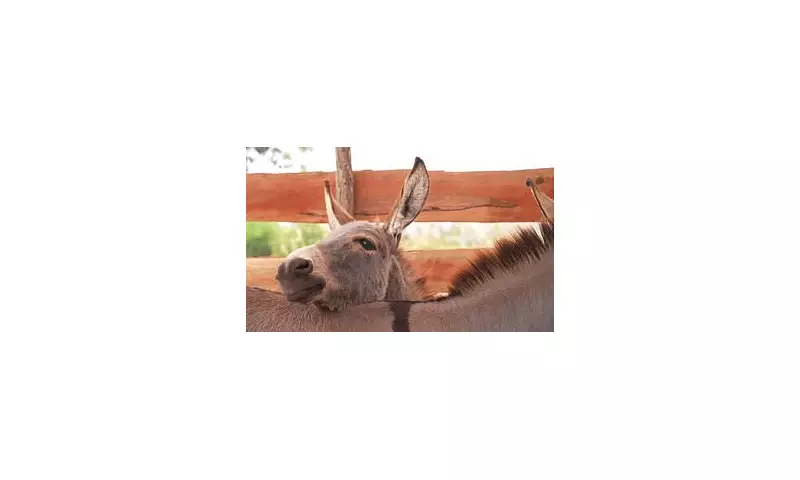
A disturbing global trade is pushing donkey populations to the brink, with millions of these gentle creatures slaughtered each year to satisfy the booming demand for traditional Chinese remedies. The scale of this industry has reached crisis levels, threatening both animal welfare and the livelihoods of communities that depend on these animals.
The Hidden Cost of Ancient Remedies
At the heart of this crisis lies ejiao, a gelatin made from donkey hides that's prized in traditional Chinese medicine. Believed to improve blood circulation, treat anaemia, and enhance skin beauty, this ancient remedy has become increasingly popular among China's growing middle class.
The demand has created a brutal supply chain stretching across Africa, Asia, and South America. Investigations reveal donkeys being transported in horrific conditions to clandestine slaughterhouses, where they face brutal deaths to harvest their skins.
Global Population in Freefall
Statistics paint a grim picture of the scale of this trade:
- An estimated 4.8 million donkeys are slaughtered annually for their skins
- China's domestic donkey population has collapsed from 11 million to under 2 million in recent decades
- At current rates, half of Africa's donkey population could be wiped out within five years
- Some countries have seen donkey prices triple, making them unaffordable for rural families
Devastating Impact on Vulnerable Communities
The consequences extend far beyond animal welfare. In many developing nations, donkeys are essential for survival, serving as vital transport for water, goods, and farm produce. Families that lose their donkeys often face immediate economic hardship and increased poverty.
"When a family loses their donkey, they lose their ability to earn a living," explains Dr. Emmanuel Onyango, an agricultural development specialist. "Children may be pulled from school to help with chores, and women often bear the burden of carrying heavy loads previously handled by their animals."
International Response and Resistance
Several African nations have taken decisive action against this trade:
- Kenya closed its donkey slaughterhouses in 2020 after public outcry
- Botswana, Niger, and Senegal have implemented export bans
- Tanzania and Ethiopia have restricted the trade to protect local populations
However, enforcement remains challenging, with illegal smuggling operations continuing to operate across porous borders. Animal welfare organisations are calling for stronger international cooperation and increased pressure on consuming countries to find sustainable alternatives.
The Search for Solutions
Conservation groups and researchers are exploring various approaches to address this crisis, including promoting synthetic alternatives to ejiao and supporting community-based donkey conservation programs. The ultimate goal is to balance cultural traditions with sustainable practices that don't threaten entire species or devastate vulnerable communities.
As this hidden crisis continues to unfold, the future of donkey populations worldwide hangs in the balance, caught between ancient traditions and modern conservation needs.





